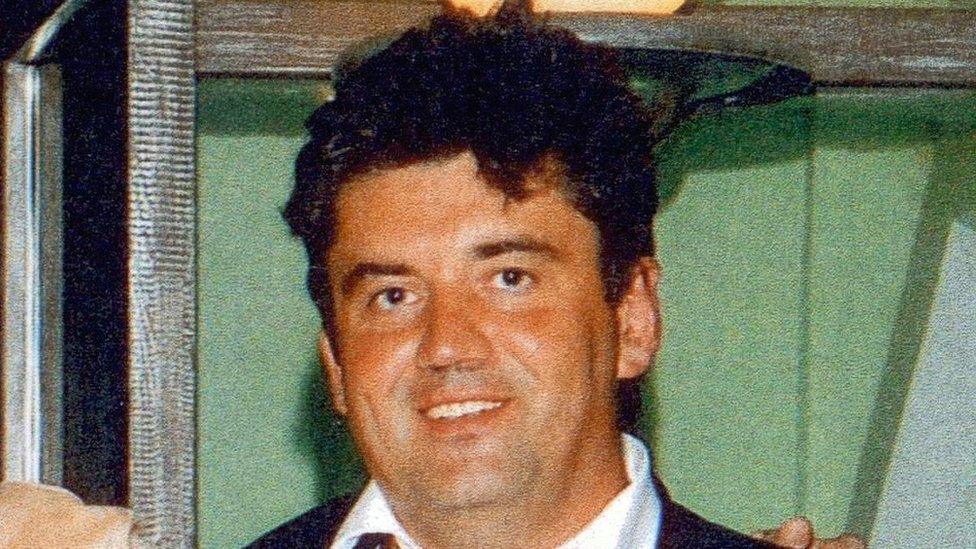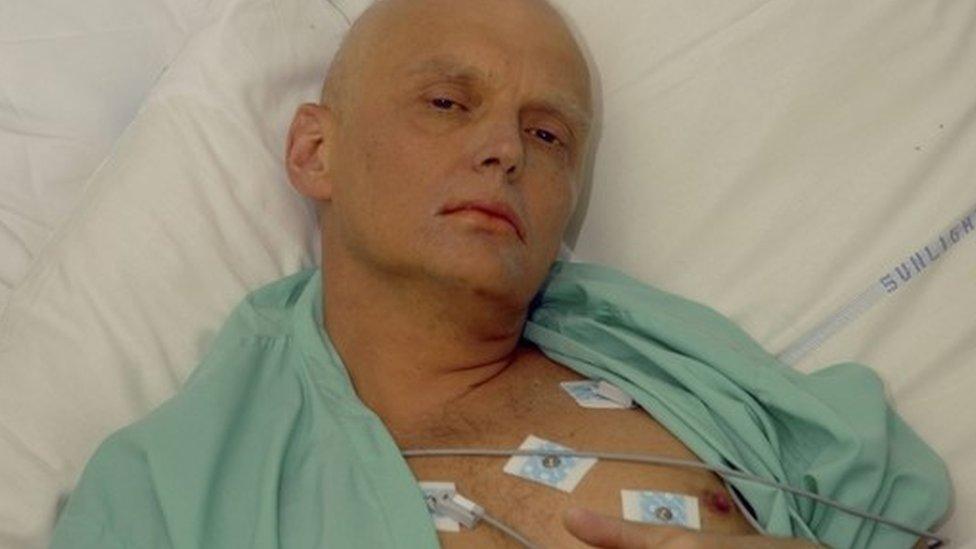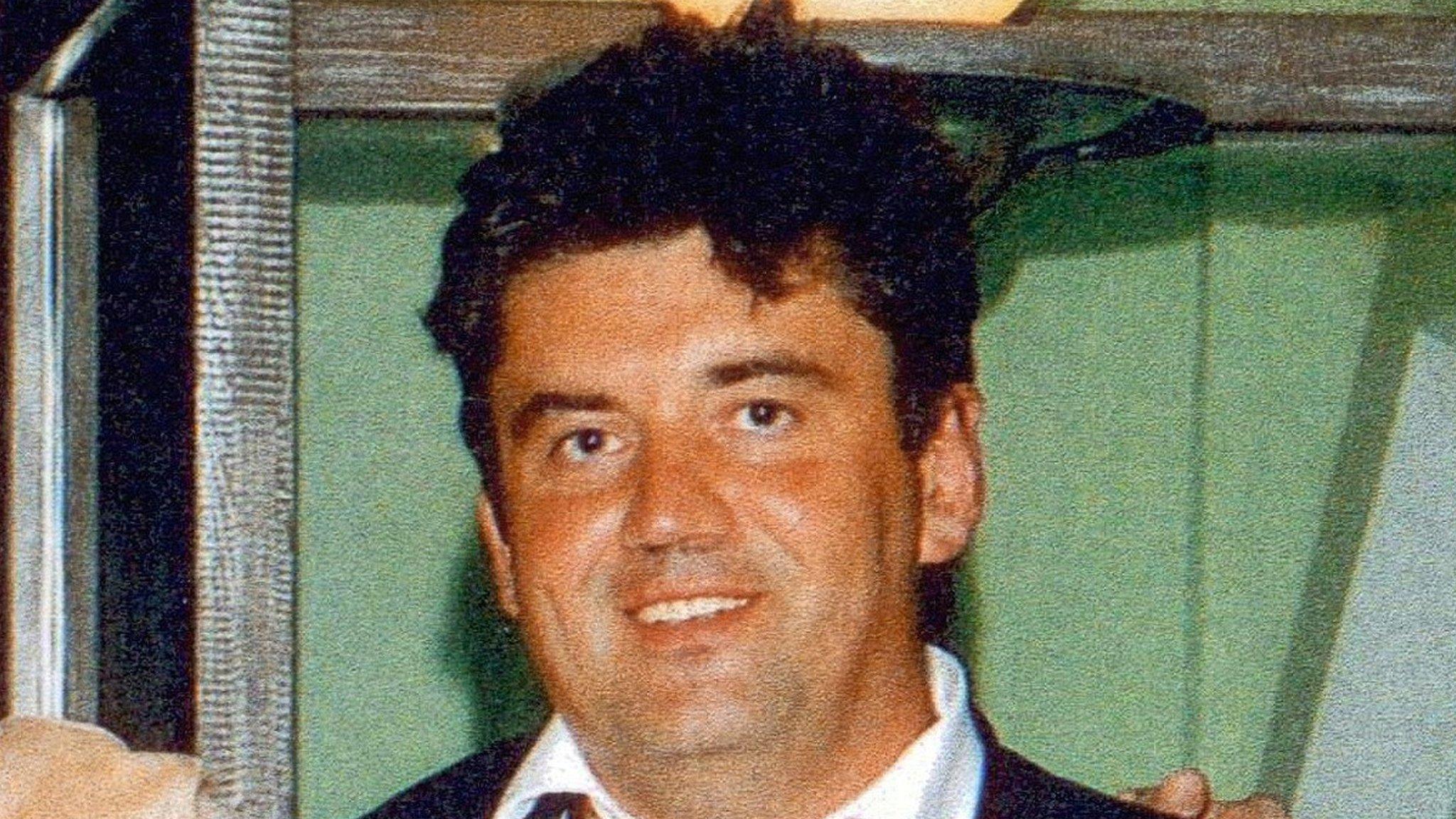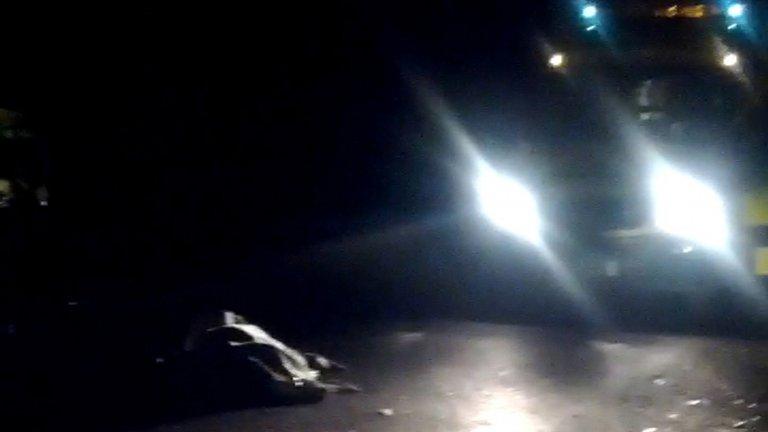Russian whistleblower's death 'like Litvinenko murder'
- Published

Alexander Perepilichny was helping an investigation into Russian tax fraud
The death of a Russian whistleblower could have parallels with the murder of former Russian spy Alexander Litvinenko, a coroner has heard.
A hearing ahead of a full inquest into the death of Alexander Perepilichny was told both men gave evidence to prosecutors in Europe before they died.
In each case, their evidence involved alleged links between Russian officials and organised crime.
Mr Perepilichny died after collapsing near his Surrey home in 2012.
Last week, the official inquiry into the death of Alexander Litvinenko concluded he had been poisoned in London in what was probably an operation of the Russian intelligence agency, the FSB - probably approved by President Vladimir Putin.
Richard Galpin, BBC World Affairs reporter said those conclusions had inevitably heightened interest in the Perepilichny case.
The death of Mr Perepilichny, 44, in Weybridge, was originally attributed to natural causes, but traces of a rare poison found in the gelsemium elegans plant were later found in his stomach, the hearing was told.
This has still to be confirmed and the inquest, originally due to take place in September last year, has been postponed again to allow for full tests on the toxic plant and results of tests on Mr Perepilichny's spleen.

The hearing was told Mr Perepilichny's death may be lined to that of Alexander Litvinenko
Like Mr Litvinenko, Mr Perepilichny had apparently received threats, particularly after handing over sensitive documents to London financial firm Hermitage Capital Management.
This led to the freezing of foreign bank accounts belonging to a group of Russian officials suspected of laundering millions of dollars after a massive tax fraud.
Woking Coroner's Court also heard about other parallels with the Litvinenko inquiry.
Henrietta Hill QC, representing Hermitage, said there were documents the police wanted kept secret, including British intelligence reports directly related to Mr Perepilichny and to an organised criminal group which may be "directly relevant" to his death.
And she said the case was so important it had been discussed by the home secretary and shadow home secretary.
Surrey Police has said it is its duty to suppress certain documents from a public inquest.
The force wants to keep 35 documents secret on security grounds.
Lawyer for Surrey Police, Dijen Basu QC, said people should not speculate about what was in the secret documents because they could be completely wrong and he said the material was not relevant to the inquest.
He said: "It is not a cover up. We are going to show you each of these documents so that you will see them. There is no cover-up here."
Coroner Richard Travers rejected calls to refer the case to the chief coroner so it could be considered for a hearing before a High Court judge.
He said he would fully consider the documents under public interest immunity legislation and make a ruling at a later date.
He also said he would appoint independent counsel to advise him during the inquest, which is expected to start in September.
- Published21 January 2016

- Published21 September 2015

- Published16 March 2013
